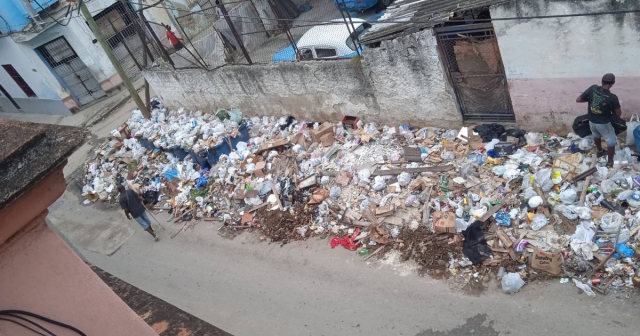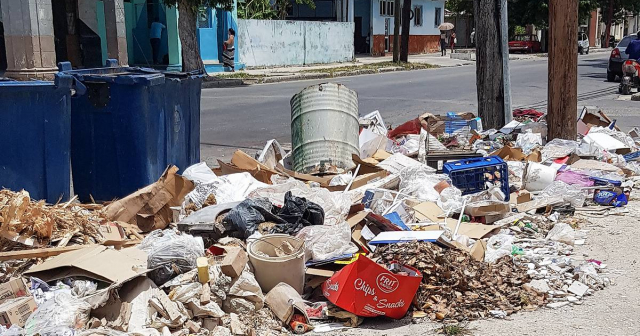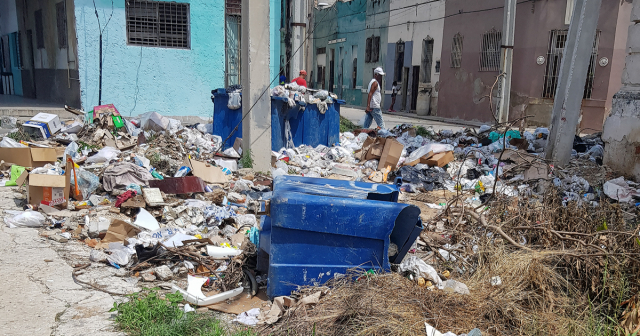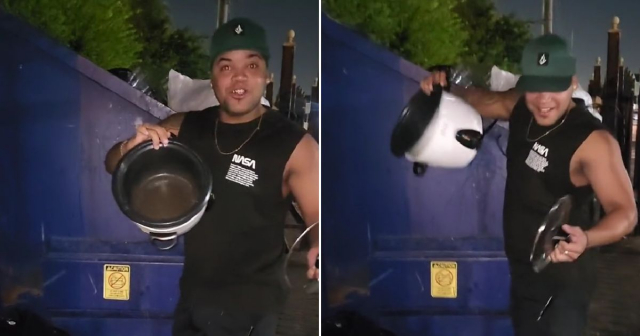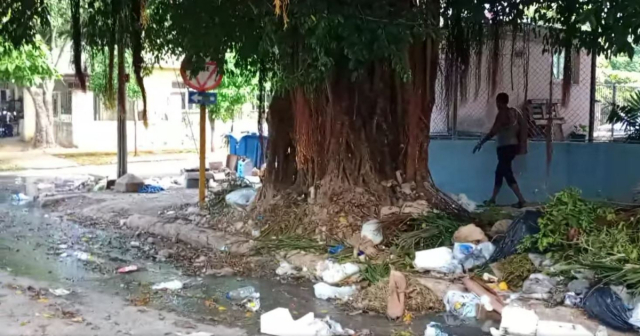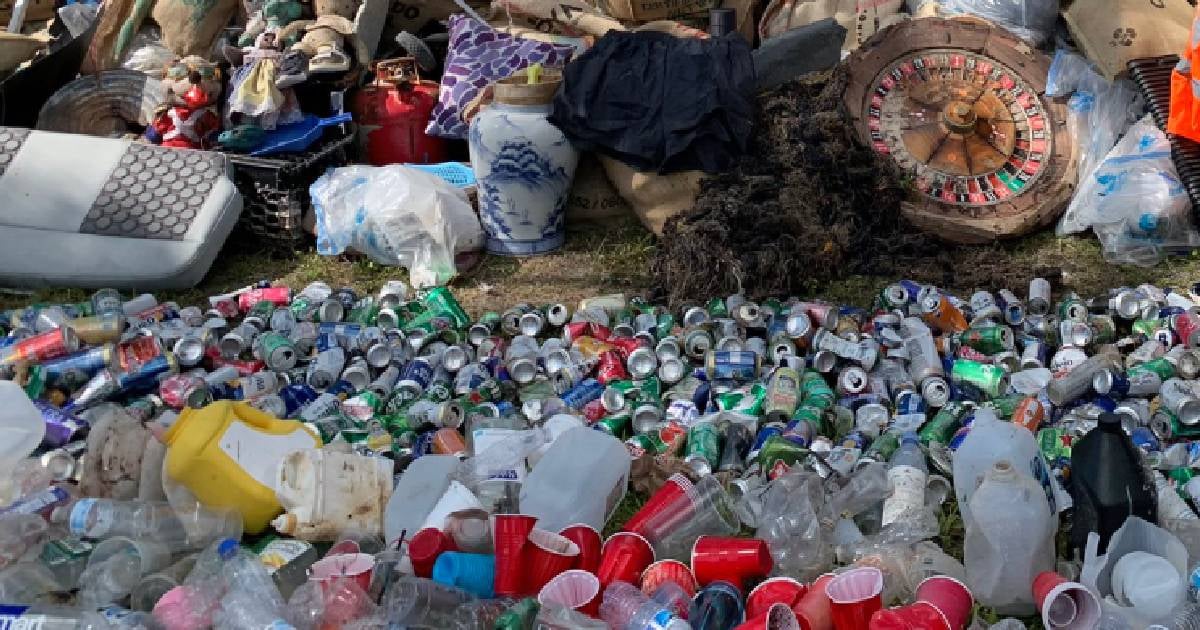
In a global context where 57 million tons of plastic pollution are produced each year, much of which ends up contaminating oceans and waterways, Miami-Dade County is promoting a new ordinance to require vendors operating on county properties to reduce or even eliminate the use of disposable plastics.
"It’s in our water, which means it’s in our fish, and when we consume a fish, we are also consuming it," explained Eileen Higgins, commissioner of District 5 of Miami-Dade, according to Local 10.
The official emphasized that plastic is present in our bodies, even in brain tissue.
It reflects the sentiments of many residents in South Florida, who are calling for greater regulation to reduce the approximately 33 billion pounds of plastic that enter the marine environment each year from land-based sources.
According to a 2022 report from the Florida Department of Environmental Protection, 93% of Floridians surveyed believe that it is necessary to regulate single-use plastics.
However, the state legislature, controlled by Republicans, has blocked similar initiatives. In 2008, Florida was the first state in the country to pass a law that prevents local governments from regulating the use of plastics.
In light of this obstacle, Higgins stated that the solution must be achieved at the local level.
The new ordinance, which could take effect if approved, would require all vendors operating on county properties to eliminate single-use plastics to the greatest extent possible.
This would include food vendors and shops in key locations such as Miami International Airport, the Miami Zoo, and other parks in the county.
"We hope that vendors at our ports, airports, zoos, and parks understand that we are not adding more plastic to our ecosystem; we are eliminating it," stated the commissioner.
If approved, the ordinance would require businesses to replace their single-use plastic packaging with biodegradable, compostable, or highly recyclable aluminum alternatives.
Although some people may view the measure as an extraordinary request, there are already similar programs in cities like Los Angeles, Atlanta, Broward, and Miami Beach aimed at reducing the use of single-use plastics.
The proposal comes at a critical time for the county, which is facing a severe waste crisis. Miami-Dade currently produces 5 million tons of garbage each year, double the national average, and landfill space is on the verge of running out.
As a result, the county has started sending some of its waste to other regions of the state for disposal.
"We are producing too much waste, and we don't know what to do with all our refuse," said environmental activist Dave Doebler.
Filed under:

